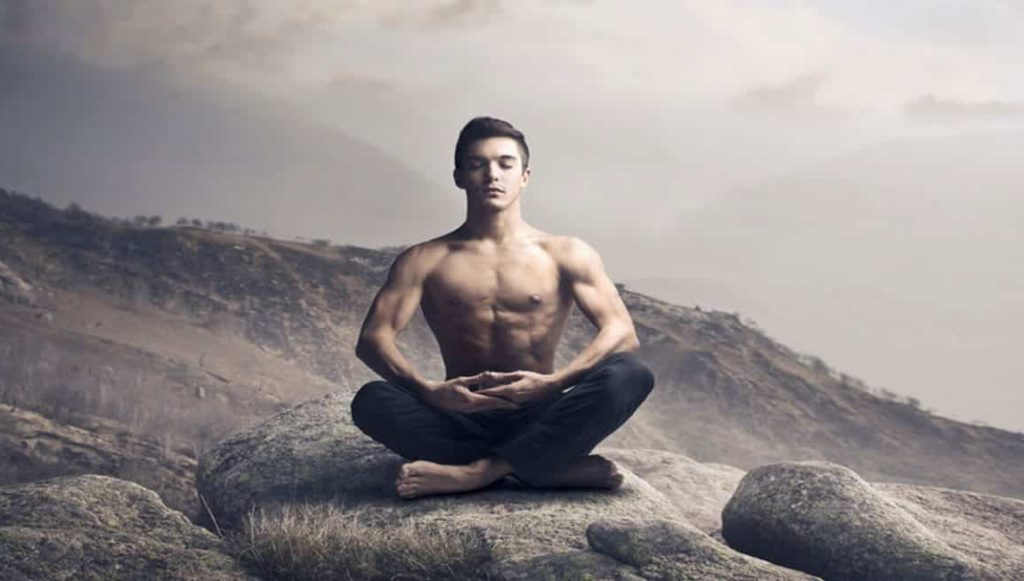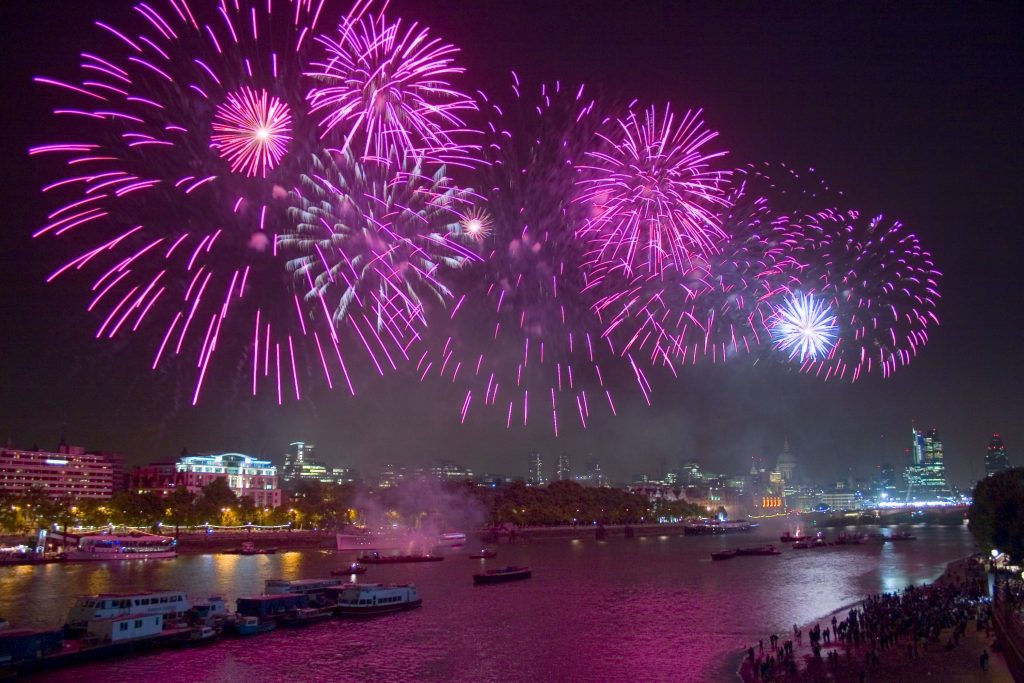
We had a really interesting group med the other night and it was evident that the majority of folks in attendance want to get to a place of peace and fulfillment double quick! This inspired me to enliven the phenomena of the hero’s journey, which in true mythical fashion, feels worthy of a retelling…
When I was growing up I never really understood what mythology was all about. It felt like it was some weird and fantastical storytelling that had absolutely no relevance to my life. I remember finding out a friend of ours at university, Adam, was studying mythology as part of his Classics degree and wondering “what is the point in that?”!
Little did I realise that all these legendary re-tellings were not merely conceived as entertainment, but were in fact cunning devices for passing wisdom and guidance on to future generations.
As any psychologist knows, there are certain archetypes, or basic patterns, within all of us that get enlivened from time to time and cause us to play a role. Whilst the various mythologies have been around for as long as we have records, the formalisation of the archetype model first entered western thinking with Plato. In his view, these archetypes are fundamental characteristics that are imprinted into consciousness prior to birth. In more recent times, Carl Jung developed this further and in his Man and His Symbols defined them as “representations that can vary a great deal in detail without losing their basic pattern.” It is these patterns, it seems, that cause us to regress in certain ways or leap with courage when faced with uncertainty.
The role of mythology has always been to help inspire each and every human to be the very best they can be. To realise that the dramas we face in life, big and small, are there as a means to help us to live, learn and love. By hearing the hero’s journey, we can take inspiration from their actions, from their courage and apply them to our own life. It helps us not to feel alone, but part of the mythical web of life.
The storytellers of modernity have cottoned onto the various archetypes and have re-positioned these ancient narratives into millions of books, plays and movies. And when they do it well, they are able to enliven those archetypes within us. We can feel it – it’s that sense of inspiration and uplift we feel at the end of book or film when the hero is triumphant.
But these ancient myths are more than this. They are also an instructional tale of what we are likely to face along the way and provide direction on how we may learn from our forebears’ experience. It is the cumulative advise of our elders, all wrapped into one pattern of a story. If we pay attention, these stories will enable us to more effortlessly overcome the trials and tribulations we face and realise our potential as human beings.
And, most importantly mythos also helps us to realise that we are all heroes in our own journeys, the authors of our own story. We are all constantly faced with challenges and it is up to us to take action. If we expect others to be the catalysts of our development and help us overcome our own dramas, then we are going to be waiting (and feeling dissatisfaction) for a long time. There is an imperative to act the moment we feel ourselves faced with a challenge. Do so. Act with courage, conviction and wisdom, and we can overcome it and be strengthened by it. Be the hero.
But failure to act on this inspiration can cause us to feel defeat. Or to find that our sub-conscious programming seems to have bound us into apathy or inertia, and so the moment often passes, and we fail to break through and succeed in slaying the dragon. When we fail to act, the seeds of stagnation are sewn and the mythology tells us all too often, that the forces of darkness become fortified by our lack of conviction.
In many of these mythological stories, the hero either already is, or becomes, an expert in the use of particular weapon or skill that he employs to triumph over his adversaries. From Zeus’s thunderbolt to King Arthur’s Excalibur and Arjuna’s bow, these weapons are there to remove the ignorance and untruth that obstructs their path. Now, it is not so appropriate or indeed necessary to be armed with a 10ft sword to overcome our challenges of daily life, but we do practise something that is very powerful and effective in getting to the root of many of our personal challenges.
Meditation is an extraordinary tool for dissolving the sub-conscious programming that has previously held us back, that has caused us to feel vulnerable, make poor decisions and act foolishly out of fear and habitual programming. However, like any hero’s journey, it won’t all happen overnight for there is a journey to be taken. And whilst the meditation will start opening many doors that offer us a more profound level of living, it is still up to each of us to walk through the door and embrace the lessons that life is teaching us. But do so with the eyes open. Benefit from the finely tuned levels of perception and enhanced instinctive nature that meditation can bring so you are ready for action and without fear of the next step. And through the understanding of the basic tenants of the structure of mythology, track where you are in a given situation cycle and understand what has been and get a sense of what is coming.
So take a look at the list below to see if it has any resonance with some of the trials you’ve faced in life. See if you can use it to perceive how you could have overcome your challenges and fears with more skill. And then, having done this, see if you can assess whether there is any relevance to any of your present situations and can use it to take courage and embrace the change that is coming your way. For if there is one thing we can all be certain of – this life (and all our journeys contained within) will be structured by transition.
With New Year on its way, perhaps it’s a good time to begin preparing ourselves for the lessons and opportunities that await us in 2016. Merry Christmas to you all. May you all enjoy much yuletide transcendence and love.
The Hero’s Journey…
1. THE KNOWN EXISTENCE. The hero of the story begins feeling uneasy, uncomfortable and/or unaware of the looming problem. There is some kind of polarity in the hero’s life that is pulling the hero in different directions and causing them stress.
2. THE CALL TO ADVENTURE. Things are becoming a little shaky and there is disturbance to the status quo. The hero must face up to the possibility of change, which is being ushered in by external forces or something bubbling up from within.
3. REFUSAL OF THE CALL. The hero feels the fear of the unknown and tries to turn away from the adventure, or a friend, ally or acquaintance may signal the uncertainty and danger that lies ahead.
4. MEETING WITH THE MENTOR. The hero comes across someone who can offer them wisdom, training or tools that will help them on their journey. Alternatively, if the hero already has the resources they need, they look within to the inner warrior or teacher to access the courage and wisdom they need.
5. CROSSING THE THRESHOLD. At some point, the hero must commit to leaving their known existence and entering a new situation with unfamiliar rules and values.
6. TESTS, ALLIES AND ENEMIES. The hero is tested and forms allegiances in their new world.
7. APPROACH. The hero and their new allies begin preparations for the major challenge in the new world.
8. THE ORDEAL. As the narrative unfolds, the hero must enter a central space in the new world and confront their fear. By facing this moment and staring their fear in the face, out comes a new life where the old fear is now transcended.
9. THE REWARD. The hero wins the treasure gained from facing their fear or nemesis. The bigger the fear conquered, the bigger the reward. There is often celebration (internal or external), but there is also the danger of losing the treasure again.
10. THE ROAD BACK. About three quarters through the story, the hero is impelled to complete the adventure, leaving the new world to ensure the treasure is brought home. This sense of gain and loss and uncertainty begins to heighten, for there is an unknown foe that beckons.
11. THE RESURRECTION. At the climax of success, when the return home is almost complete, the hero is severely tested one last time. He or she faces another moment of death and rebirth, and is purified by a last sacrifice, leading them to a higher and more complete level of experience. By the hero’s courage and conviction in facing their fears, the polarities that were in conflict at the beginning of this episode are finally resolved.
12. RETURN WITH THE ELIXIR. The hero returns home or continues their journey, bearing some element of the treasure that has the power to transform the world in much the same way as the hero has been transformed.

The Benefits of Beeja Meditation
- Reduce stress and anxiety
- Greater clarity and calm
- Increase focus
- Enhance relationships
- Sleep better
- Feel energised


